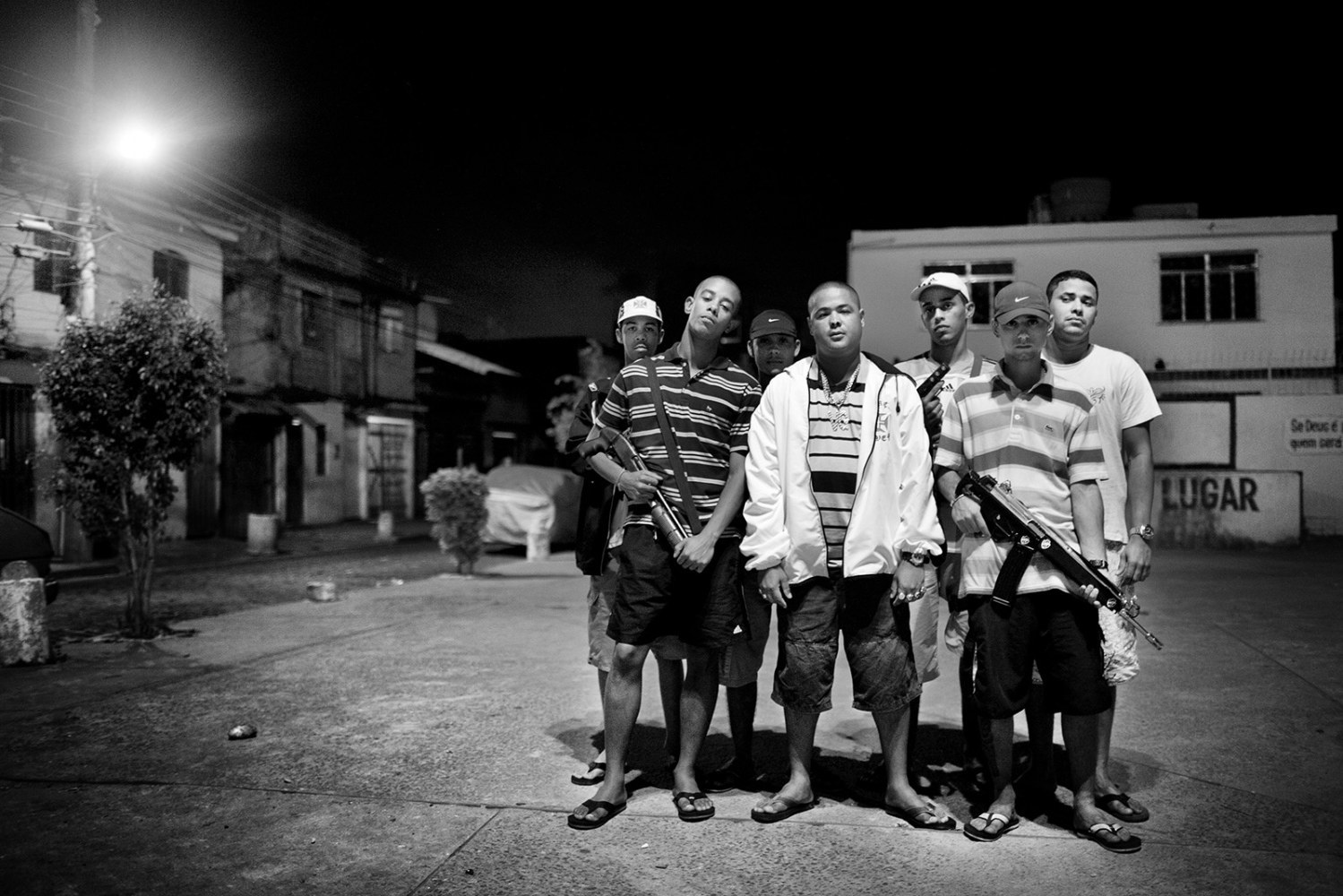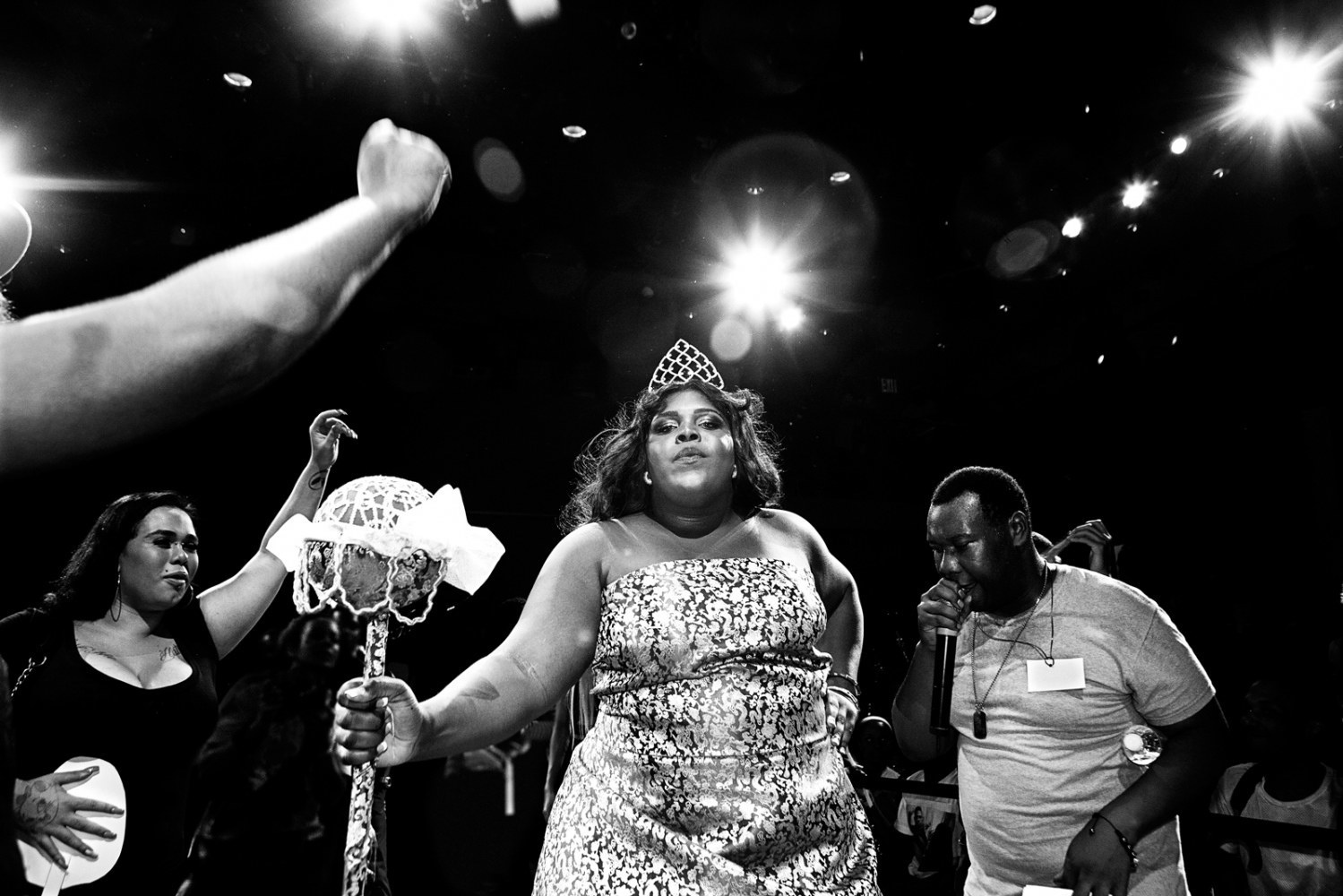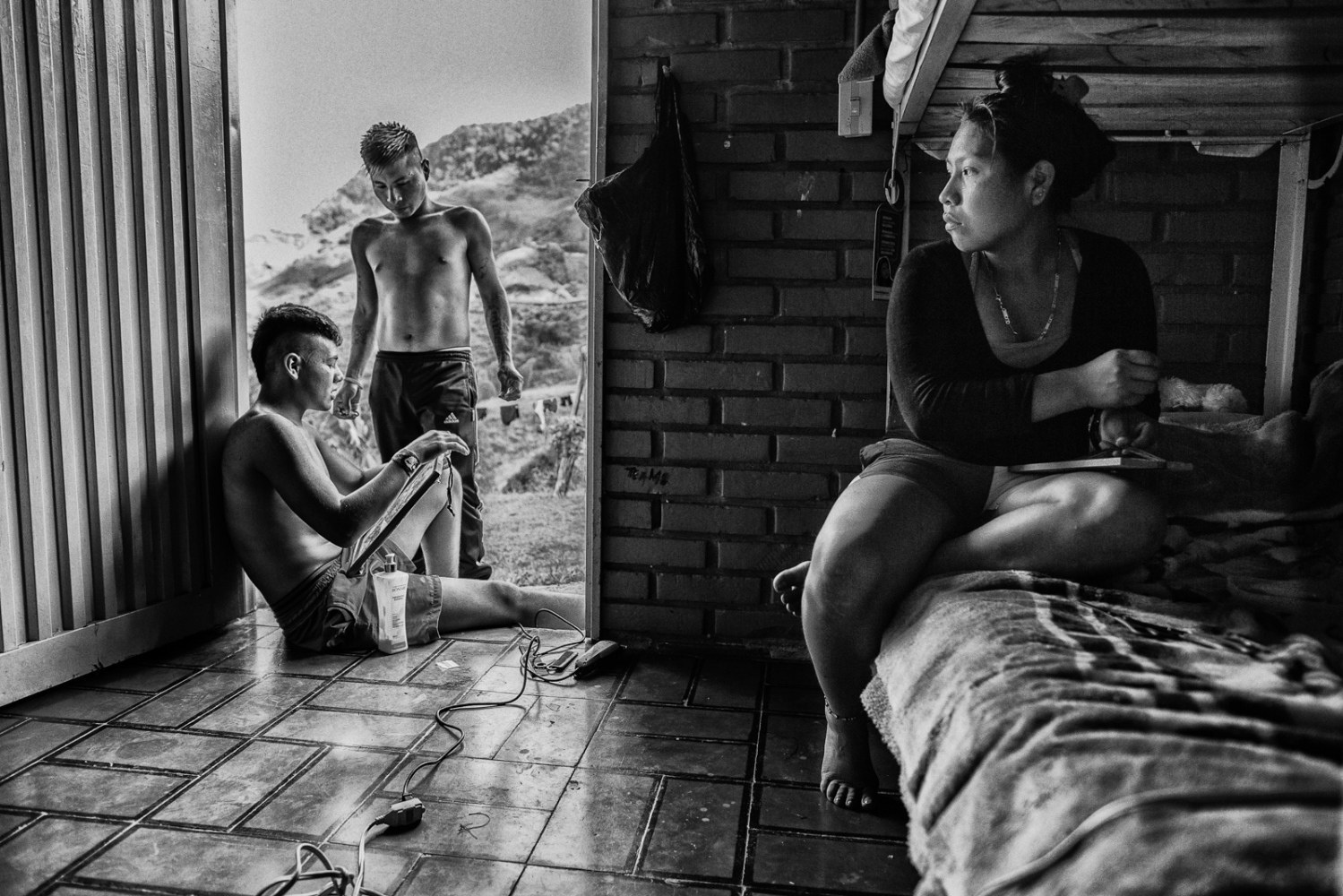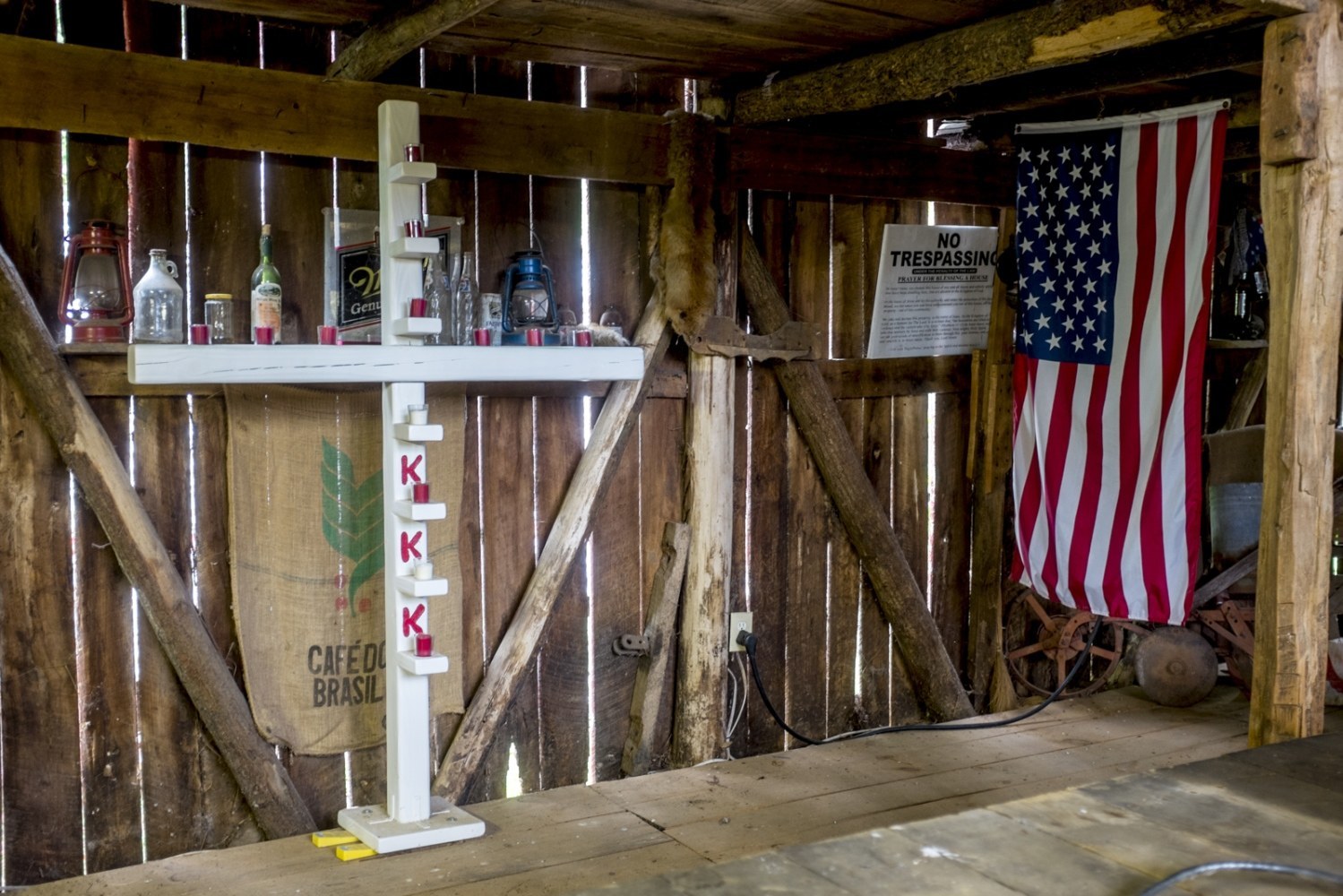
Francesco Anselmi recently won the FotoVisura Grant, which aims to highlight and support photographers who are working to bring awareness to sociocultural causes (full disclosure: I was on the panel of judges for this year's grant). Anselmi is an Italian photographer who splits his time between Athens and Milan.
His project, titled "Greek Chronicles," examines the ethos and divisions with Greece over the past four years. With the support of the grant, Anselmi intends to continue this project, looking at how prison culture has been affected by crisis-related crimes such as fraud or robbery, and simultaneously exploring how tourism and religion are shaping a society in flux.

For background, what drew you to Greece in the first place?
Francesco Anselmi: I first visited Greece in the end of 2012. The clashes happening in Syntagma Square were everywhere in the news, and as a young photojournalist fresh out of school, I was looking for an area to cover for my new agency. After spending some time in Athens I realized the crisis was way deeper than some tangle between police and protesters, and started researching about its main consequences.
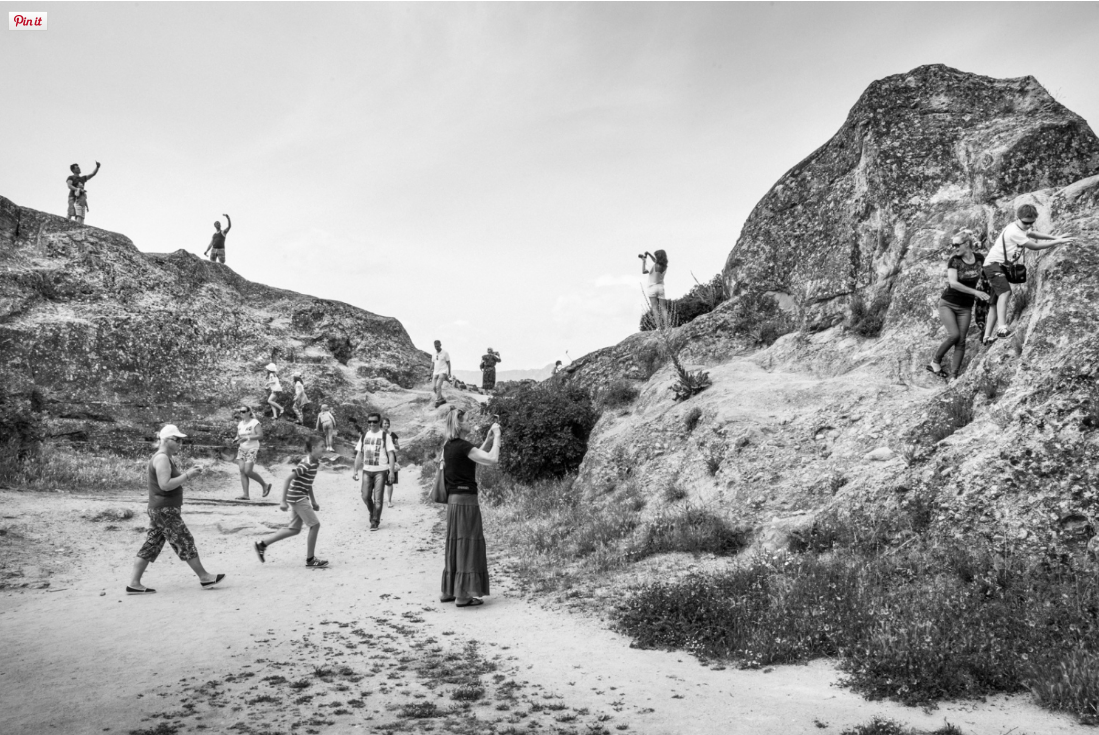
Your project, "Greece Chronicles," touches on a wide range of topics: migrants, religion, economics, law, protests, and tourism. How did you decide what to focus on? Or was it organic growth?
FA: At first I decided to focus on the main social consequences, such as the radicalization of political forces and all the aspects connected to the dramatic impoverishment of the country. In a second moment, I realized that an economical crisis doesn't only affect the present of Greece, but also the way the country plans its future investments — like the impossibility to start converting energy production from coal to a more sustainable one.
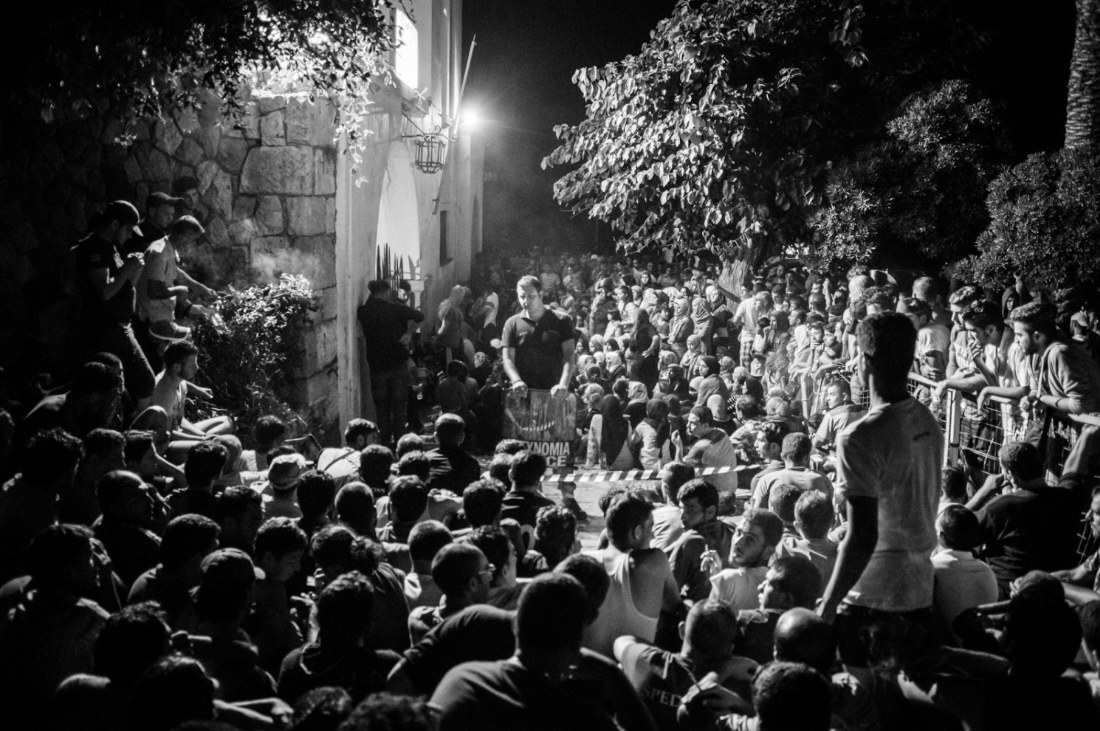
What part of the story are you focusing on next? You had mentioned prisons, tourism, and religion in your Visura pitch — can you expand on that?
FA: I recently started working in Greek prisons, with the idea to find and meet prisoners that committed crimes somehow related to the crisis — from people that lost their jobs and got arrested for robbery, to major frauds regarding the public sector. I'm planning to document the way the crisis is affecting the tourism industry — as Greece is opening to major foreign investments, which are changing the microeconomy of entire areas — and would like to explore the role of religion in such a difficult period for the Greek society.
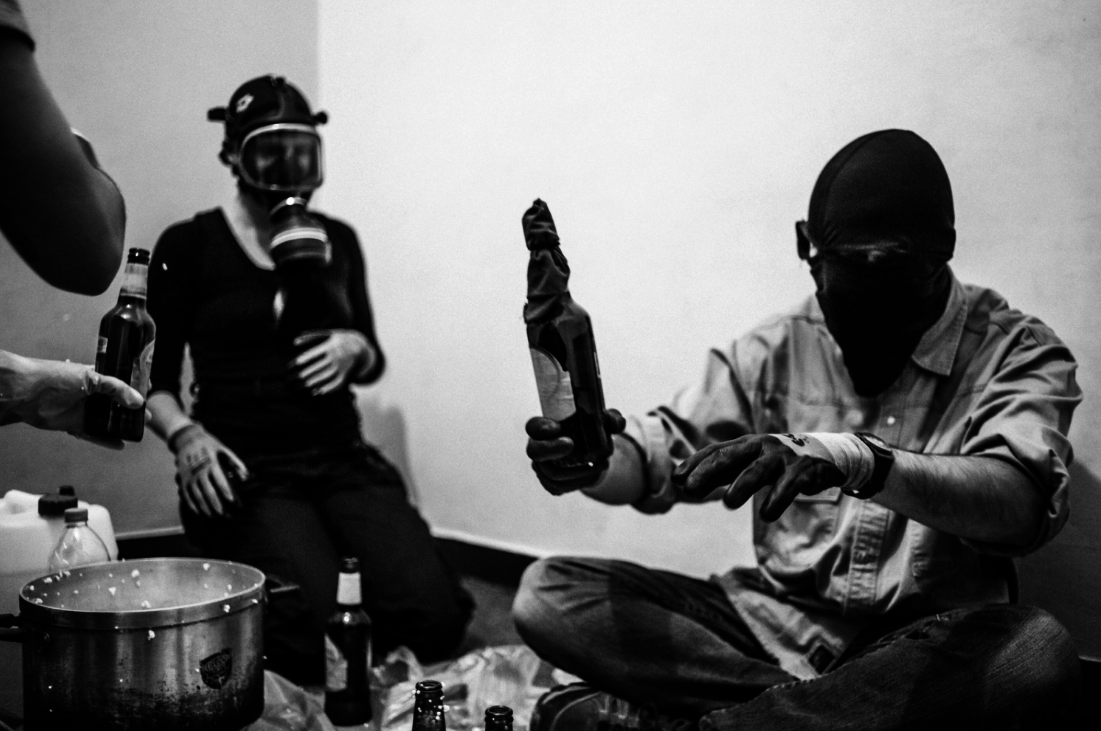
FA: I'd like to start working on a book project soon, as I feel it would be the best way to vehicle years of work on so many different topics. The idea, as you said, is to create a historical document about this crucial period in the history of Greece, capable of highlighting all the gaps and contradiction of the current European Union.
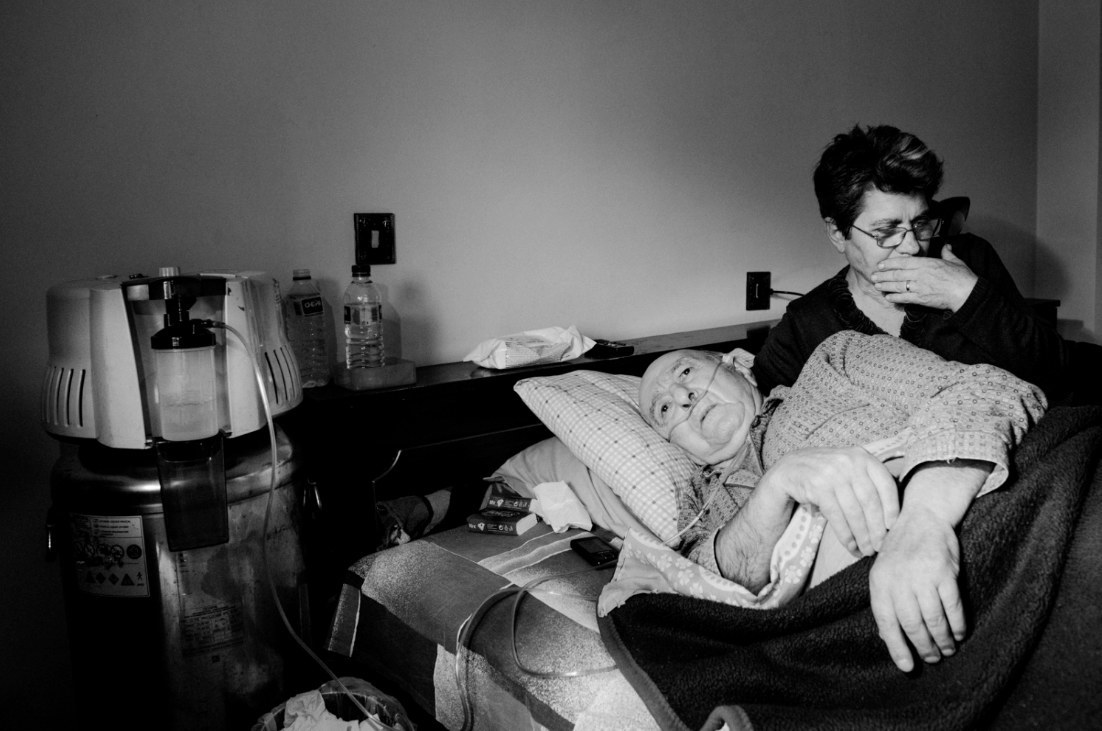
Your photos have this cinematic feel to them — is that something that you cultivated prior to this project, or did it go hand in hand with this work?
FA: I never thought about it. But I'd say it's part of the way I work. I spend long time studying a subject before actually shooting. I get to know everything I can about it; I consider the actual shot the end of a much longer process. Most of the times I get into a situation already knowing what kind of image I'm looking for.
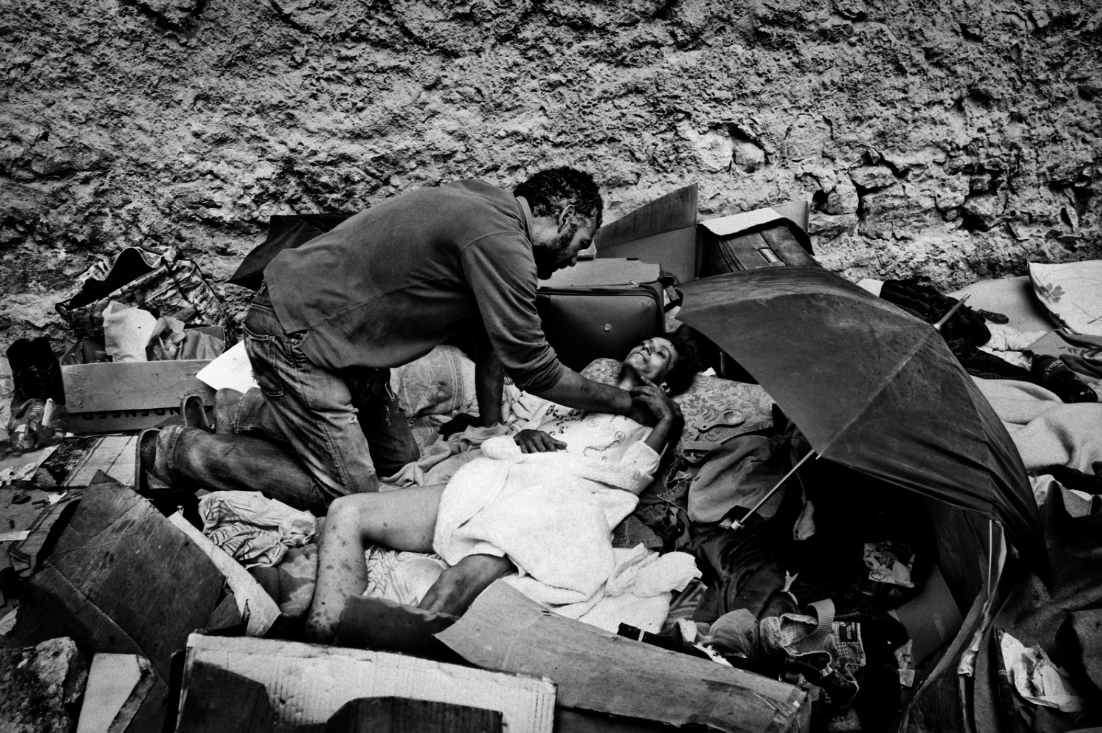
The finalists for this year's grant explored gangs in Rio de Janeiro, Brazil; child soldiers in Colombia; white pride in the American South; and alternative communities for LGBT teens in New York.


